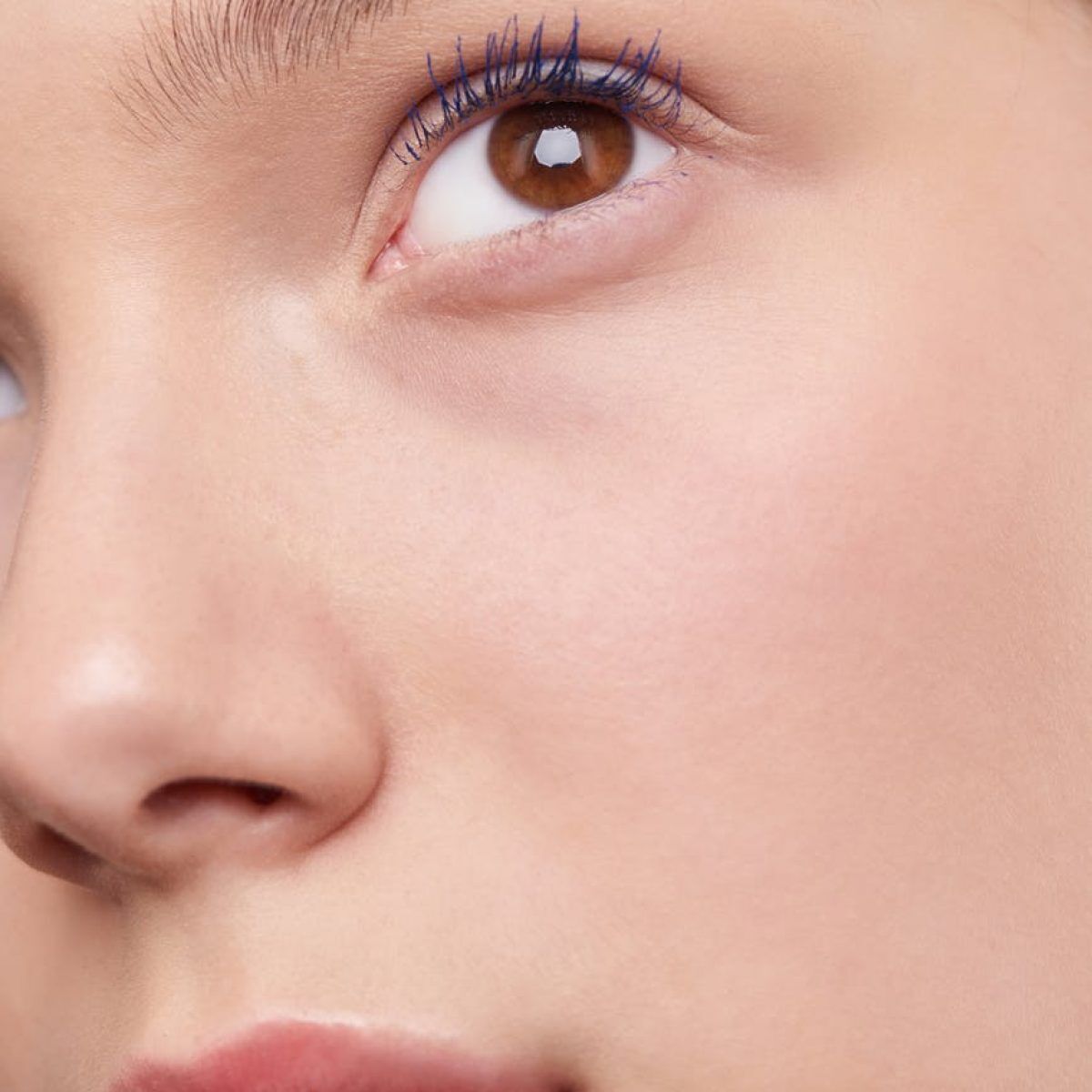
Photo by Shiny Diamond on <a href="https://www.pexels.com/photo/woman-s-face-3373732/" rel="nofollow">Pexels.com</a>
Your skin directly reflects your health and how your body is doing. Skin is the largest organ in your body and, as such, needs proper care.
There are tons of skincare products on the market, making it hard to figure out the best ones for your skin. However, there are some tips you could use to alleviate poor skin conditions without breaking the bank.
1. Wear Sunscreen
Sunscreen is highly recommended by dermatologists worldwide as it helps even your complexion and protects skin from harmful sun rays. The ultraviolet radiation in the sun’s rays causes premature aging and other effects like sunburns.
Using high-quality daily skincare products with at least SPF 30 and broad-spectrum protection will help prevent these negative effects on your skin. Further, this approach could reduce the risk of skin cancer.
Sunscreen lowers the risk of developing skin cancer while making you look younger. If you easily sunburn, go for an SPF of 50 or higher. Also, avoid the hot sunny hours by sitting in the shade or under a roof.
If you experience hyperpigmentation, you need to regularly use sunscreen as the condition can get worse when you’re exposed to sunlight. Keep your skin moisturized with good lotion to avoid having dry and uncomfortable skin.
2. Don’t Smoke
Smoking can affect your skin, including yellowing the nails and fingers, teeth discoloration, and a black hairy tongue. It is also a huge cause of stroke, diabetes, cancer, chronic obstructive pulmonary disease (COPD), and lung diseases.
When smoking, the risk of contracting tuberculosis and eye diseases is high, as well as developing rheumatoid arthritis and other immune system problems.
Smoking makes your skin look aged and tired, and it easily shortens your lifespan. Other long-term effects of smoking include having baggy eyes, deep facial wrinkles, and uneven skin pigmentation.
Smoking also slows the ability of your body to heal itself, inhibits inflation, and decreases blood flow. This, in turn, causes you to have persistent wounds and a high risk of skin infection. You become healthier by cutting back on smoking, and your complexion will improve.
3. Eat and Drink Right
Eating the right foods will help nourish your skin from within while externally caring for and moisturizing. Go for foods rich in antioxidants, such as vegetables and fruits.
Antioxidants allow your body to effectively repair any cellular damage, while healthy fats and lean proteins promote collagen regeneration.
Collagen is a protein in the skin responsible for keeping your skin elastic, flexible, and smooth. Ensure that you also keep your skin hydrated by regularly drinking lots of water. Avoid caffeine and alcohol consumption as they can cause your skin to break out.
Vitamin C is a known super antioxidant essential for flawless skin and a healthy immune system. Avoid crash dieting as it can cause repeated weight gain and loss, eventually affecting your skin.
4. Manage Stress
If you’ve experienced high levels of stress before, you may notice that your skin was itchy, scaly, or had rashes. Acute stress is also a serious cause of hair loss in many people and hormonal imbalances. Click to learn more about hair loss treatments available.
Find a way to eliminate stressors in your life with calming strategies. Reducing stress includes regularly exercising, reading a good book, practicing yoga, meditating, or even talking to someone.
Stress causes a chemical reaction in the body that makes the skin more reactive and sensitive. One reason for skin breaking out is because stress makes your body release more cortisol which makes the skin oilier. Oily skin is highly susceptible to conditions like acne.
5. Get Your Beauty Sleep
Science has proved that getting enough sleep comes with great benefits for your skin. Medical experts recommend getting seven to nine hours of sleep. Skin regeneration and repair best happen when you’re asleep, so be sure to get your beauty sleep.
Ensure that you have the best side sleeper mattress for this to work. It helps align your spinal cord and eliminates any discomfort if you’re a side sleeper.
Lack of good sleep will also cause you to have puffy eyes in the morning and produce more cortisol which is not good for your skin.
Other benefits of good sleep include having fewer wrinkles, brighter eyes, a glowing complexion, and a healthier body.
Time to Radiate
You don’t have to break your bank for expensive dermatological processes. Following these simple steps will help your skin radiate and look younger. Sleeping well, eating well, eliminating stressors, and quitting smoking positively affect your skin.













